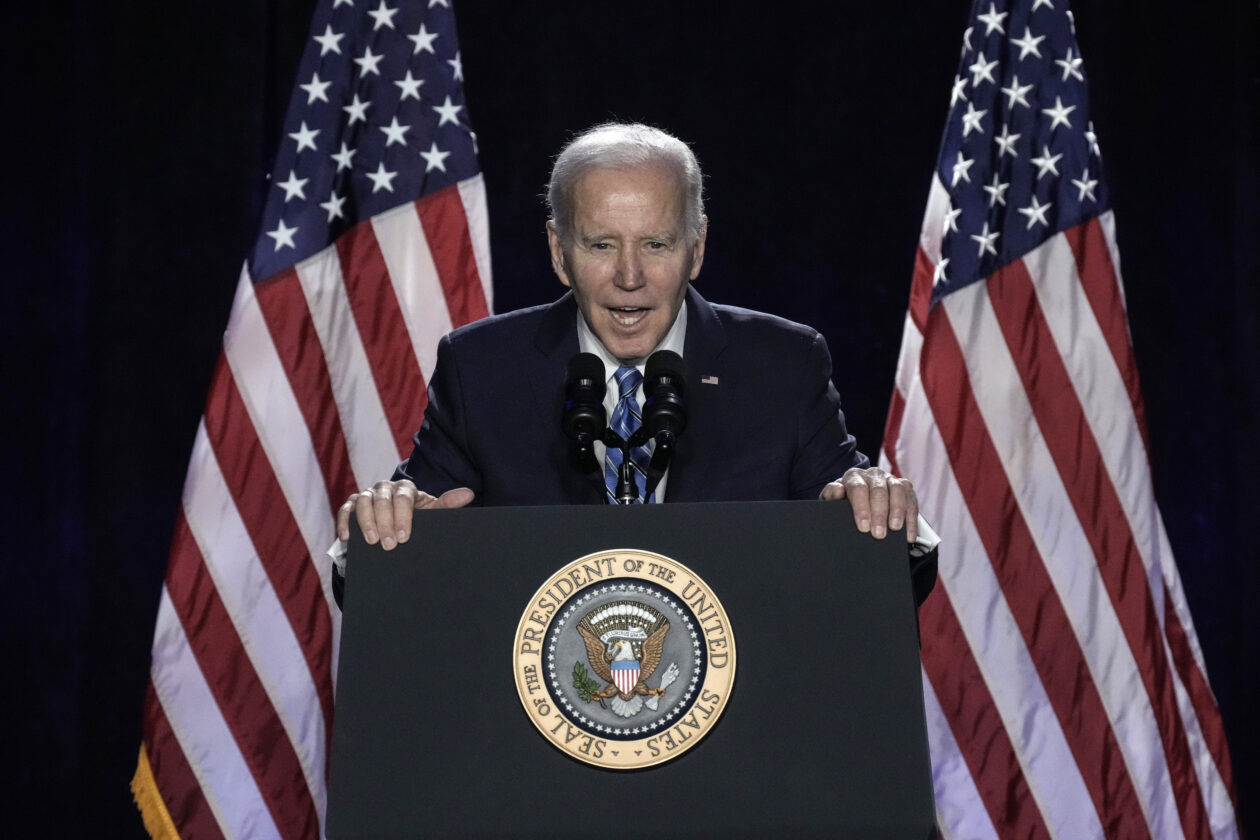The administration of U.S. President Joe Biden has proposed an excise tax on cryptocurrency miners equal to 30 percent of the cost of the electricity they use, and plans to eliminate tax-deductible losses related to wash-trading of crypto tokens, according to a U.S. Department of the Treasury’s document published Thursday.
See related article: CFTC chair calls Ethereum a commodity, in contrast to SEC chair Gensler’s position
Fast facts
- The Treasury Department said any company using computing resources — owned or borrowed — to mine digital assets will be subject to the 30% tax, which is expected to be introduced over three years in 10% annual stages starting from Dec. 31, 2023.
- “The increase in energy consumption attributable to the growth of digital asset mining has negative environmental effects and can have environmental justice implications as well as increase energy prices for those that share an electricity grid,” the Treasury Department said.
- According to the White House, the estimated global electricity usage for crypto assets is between 120 and 240 billion kilowatt-hours per year, a range that exceeds the annual electricity usage of Australia.
- President Biden’s 2024 Fiscal Year budget also included a proposal to apply “wash sale rules” to digital assets to close tax loopholes. Wash trading for tax purposes refers to investors selling a financial instrument for a loss to claim the deductible and then immediately buying it back.
- Crypto traders can claim tax-deductible losses on losses and then immediately repurchase tokens as digital assets are not classified as securities, while stocks and bond traders are prohibited from repurchasing the same securities for 30 days.
- The U.S. expects to apply the same restrictions on crypto from Dec. 31, 2023, where the country might raise US$24 billion from fixing the loophole, according to the White House.
See related article: Why global coordination on crypto regulation is paramount





